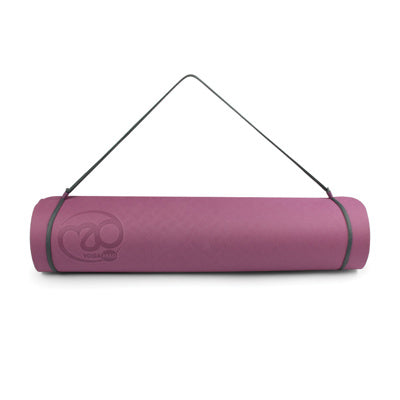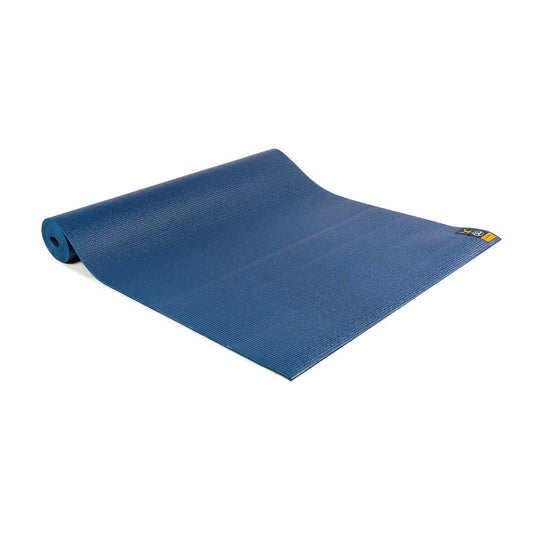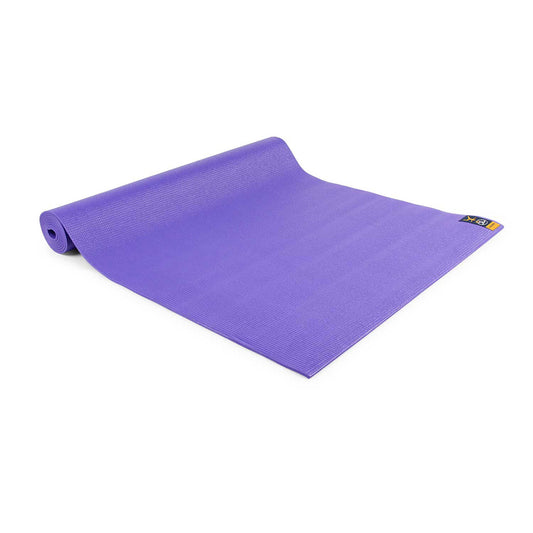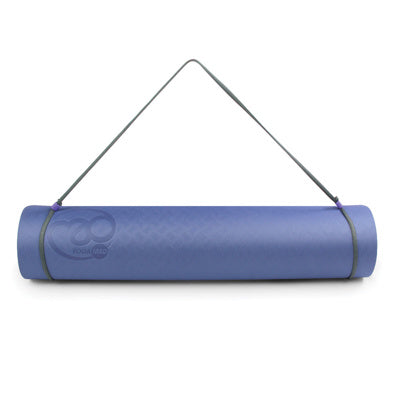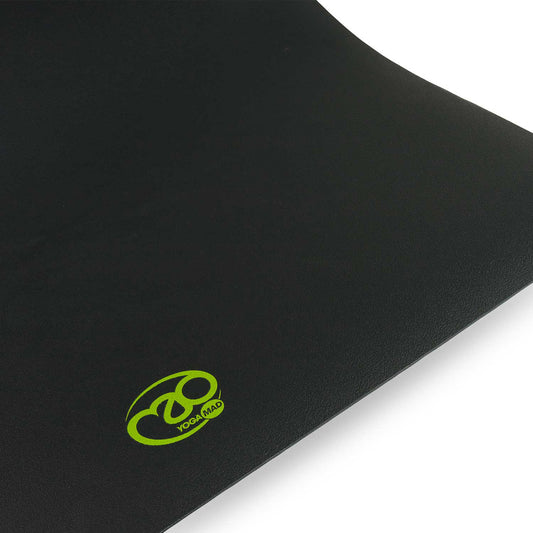-
Recycled Yoga Mat With Carry Cord - 6mm
Regular price £59.00 GBPRegular priceUnit price per -
Basic PVC Yoga Mat - 6mm
Regular price £34.00 GBPRegular priceUnit price per -
Basic PVC Yoga Mat - 4mm
Regular price £24.00 GBPRegular priceUnit price per -
Recycled Yoga Mat With Carry Cord - 4mm
Regular price £50.00 GBPRegular priceUnit price per -
Sure Grip Natural Latex Yoga Mat - 4mm
Regular price £83.00 GBPRegular priceUnit price per
